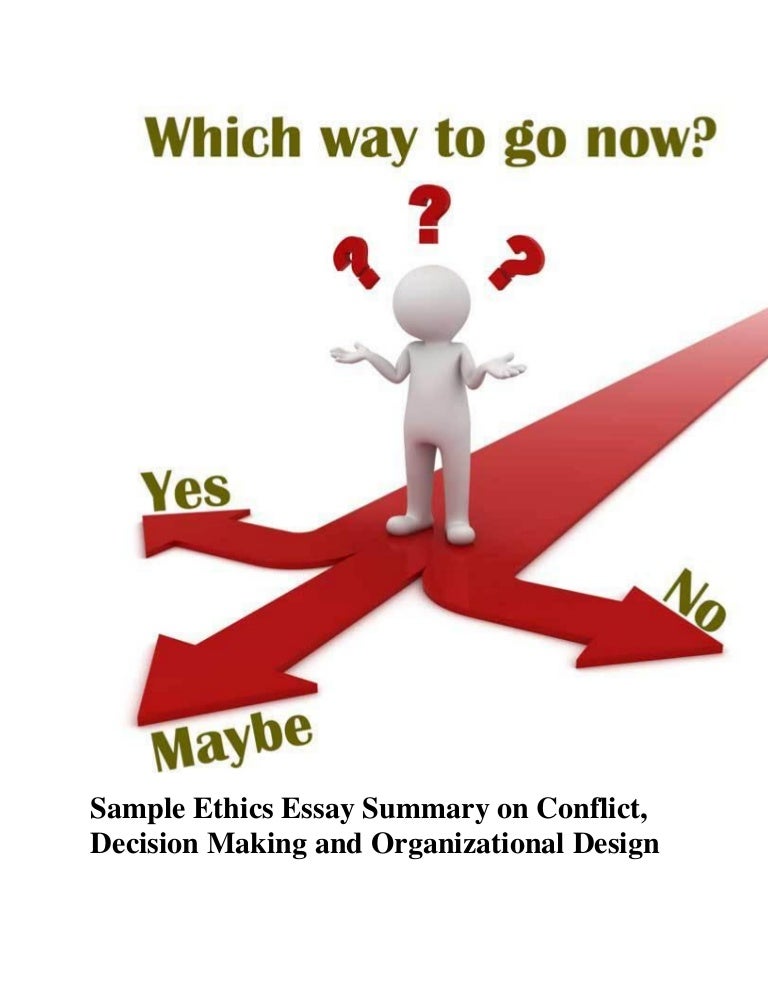The Ethics Of Conflict Of Interest In Civil Engineering Practice
Many companies and individuals face challenges when it comes to making ethical decisions and avoiding conflicts of interest. Failing to do so can not only be damaging to one's reputation and credibility, but it can also have legal consequences. In this article, we will explore the concept of ethics and conflict of interest and provide answers to some frequently asked questions on the topic.
Ethics
Ethics can be defined as a set of moral principles that govern behavior. In a business context, ethics refer to the standards and values that companies and individuals follow in conducting their affairs. These standards may be influenced by laws and regulations, but they extend beyond legal requirements.
Question: Why is it important to have ethical standards in business?
Answer: Ethical standards help to build trust and credibility with stakeholders and customers. They also provide a framework that guides decision-making and ensures that a company's actions align with its values.
Question: What are some common ethical issues faced in business?
Answer: Some common ethical issues include conflicts of interest, bribery and corruption, discrimination, and insider trading.
Conflict of Interest
A conflict of interest arises when an individual or organization is involved in two or more activities that may compete with each other or create the perception of a conflict. This situation can arise in many contexts, including personal, professional, and financial relationships.
Question: What are some examples of conflicts of interest?
Answer: Some examples include an employee accepting gifts from a vendor, a lawyer representing a client with whom they have a personal relationship, or a company making a donation to a politician's campaign in exchange for favorable treatment.
Question: What are the consequences of a conflict of interest?
Answer: A conflict of interest can damage a company's reputation and credibility, lead to legal and regulatory consequences, and harm relationships with stakeholders. In some cases, it can even result in criminal charges.
How to Avoid Conflicts of Interest
There are several steps that individuals and companies can take to avoid conflicts of interest:
- Identify potential conflicts: Be aware of situations that could create conflicts of interest and take steps to prevent them from arising.
- Disclose conflicts: If a conflict of interest does arise, be upfront about it and disclose it to all relevant parties.
- Establish policies: Develop clear policies that outline expectations for ethical behavior and help guide decision-making.
- Train employees: Educate employees on ethical standards and provide training on how to recognize and avoid conflicts of interest.
- Monitor compliance: Regularly review and evaluate policies and procedures to ensure that they are being followed and that any potential conflicts of interest are being addressed.
Conclusion
Managing ethics and avoiding conflicts of interest are essential to building trust and credibility in business. By being aware of potential situations that could create ethical dilemmas, being transparent and honest in disclosing conflicts of interest, and establishing clear policies and procedures, individuals and companies can ensure that they are behaving in an ethical and responsible manner.
In conclusion, whether you are an employee of a large corporation or a small business owner, it is important to prioritize ethics and ensure that they are ingrained in your business practices. Doing so will not only help you avoid legal and reputational consequences, but it will also help you build strong relationships with your stakeholders and customers, ultimately leading to long-term success.


Post a Comment for "The Ethics Of Conflict Of Interest In Civil Engineering Practice"